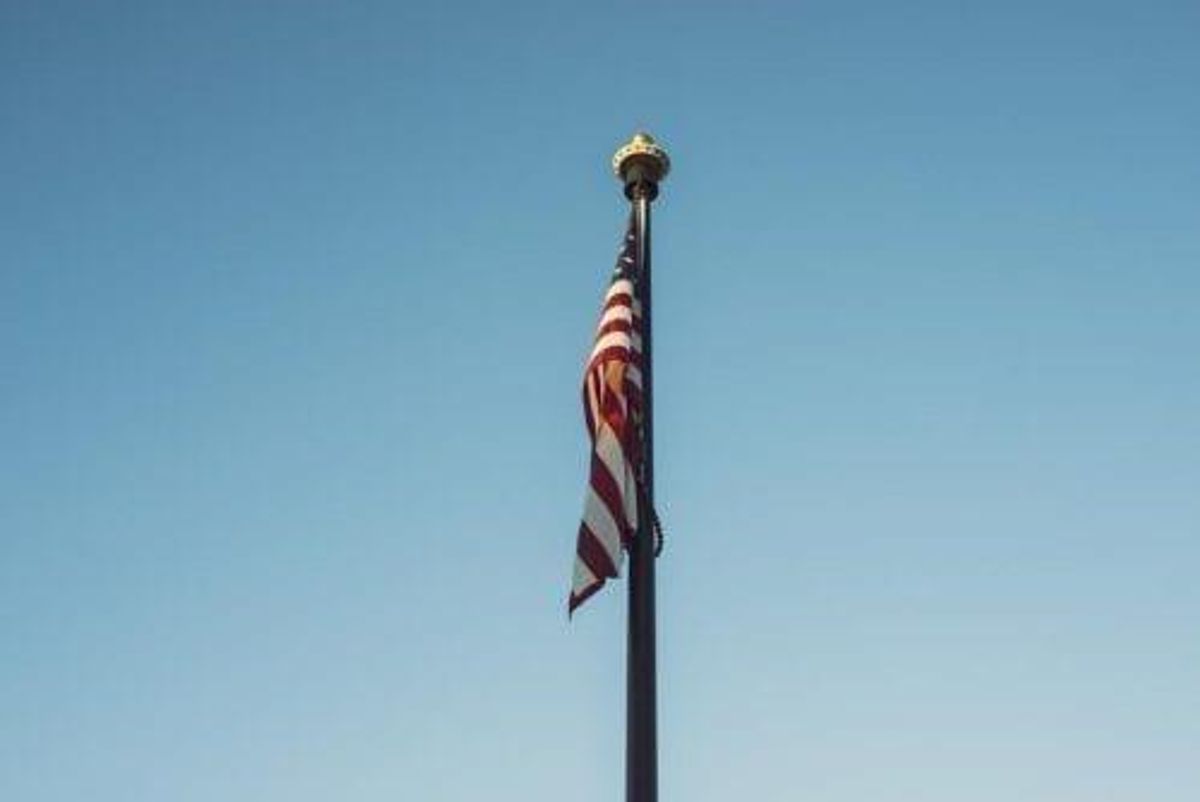Blockchain is “World Changing” Technology, Says Rep. Ralph Abraham

The purpose of Tuesday’s hearing was to discuss the potential and proven applications of blockchain and distributed ledger technology and how those could provide greater supply chain visibility.
Congressional subcommittees met on Tuesday (May 8) in a hearing to discuss the role blockchain and other distributed technologies could play in providing greater supply chain visibility.
Titled “Leveraging Blockchain Technology to Improve Supply Chain Management and Combat Counterfeit Goods,” the overall purpose of the hearing was to overview the potential and proven applications of blockchain and distributed ledger technology in shipping, logistics and customs, specifically emphasizing the supply chain management.
The joint hearing, which was moderated by two subcommittees of the US House of Representatives’ Committee on Science, Space and Technology, is the second one of its nature to held so far this year.
Chairman Ralph Abraham said in his opening statement that the committee recognizes blockchain and distributed ledger technologies can benefit both the private and public sectors and “seek to understand what can be done to ensure this technology is appropriately leveraged in an efficient and productive manner.”
Witnesses of the hearing included: Dr. Douglas Maughan, cybersecurity division director, science and technology and directorate of US Department of Homeland Security (DHS); Robert Chiaviello, IPR Counsel from Nuby Law; Michael White, Maersk head of global trade digitization; and Chris Rubio, UPS VP global customs brokerage staff.
In his testimony, Maughan said that DHS’ science and technology departments are using blockchain technologies in research and development as well as working with department missionaries to “integrate the innovative technology into everyday use.”
“From a government perspective, the technology holds potential for enhanced transparency and auditing of public service operations, greater supply chain visibility to combat the distribution of counterfeit products, and automation of paper-based processes to improve delivery of services to organizations and citizens,” Maughan said.
That said Maughan acknowledged there remains a number of challenges with blockchain technology, pointing to a lack of support for standards that could limit “the growth and availability of a competitive marketplace of interoperable, cost effective and innovative solutions for both government and industry.”
In terms of supply chain management, Michael White, head of global trade digitization at Maersk, said that the use of blockchain technology could benefit the shipping industry, which often experiences late shipments due to “essential paperwork that has not caught up with the goods they are carrying.”
“Everyone agrees that there must be a better way, but no single participant can effect change,” he said. “In 2016, Maersk and IBM (NYSE:IBM) began a collaboration with the goal of digitizing supply chain.”
According to White, the companies used a blockchain to create an “immutable but efficient record,” and said that blockchain provides security, trustworthiness and permission to accessibility of sensitive information–even when that information is distributed across various enterprises.
Following the testimonies, Chairman Abraham acknowledged that blockchain is “world changing” technology that is being dealt with and asked Maughan if the government has thrown any obstacles in the way that would prevent DHS among others from using blockchain technology “in an efficient and productive way.”
“The one area that does concern us is a shortage or lack of standards,” Maughan responded, stating that DHS has been more focused on specifications in that regard. “When we have a full network of standards that everybody can live by, then that will be more useful for all involved.”
Members of the subcommittees also shared their thoughts on the technology, with Rep. Don Bayer of Virginia stating that the US should play a bigger role in advancing the technology at a larger scale.
“I believe America should take the lead in blockchain research,” he added.
While no conclusions were made on Tuesday’s hearing, government discussions circling the use of blockchain technology is certainly promising–which should provide some level of comfort to investors in the space.
To watch the full hearing, click here.
Don’t forget to follow us @INN_Technology for real-time news updates!
Securities Disclosure: I, Jocelyn Aspa, hold no direct investment interest in any company mentioned in this article.
